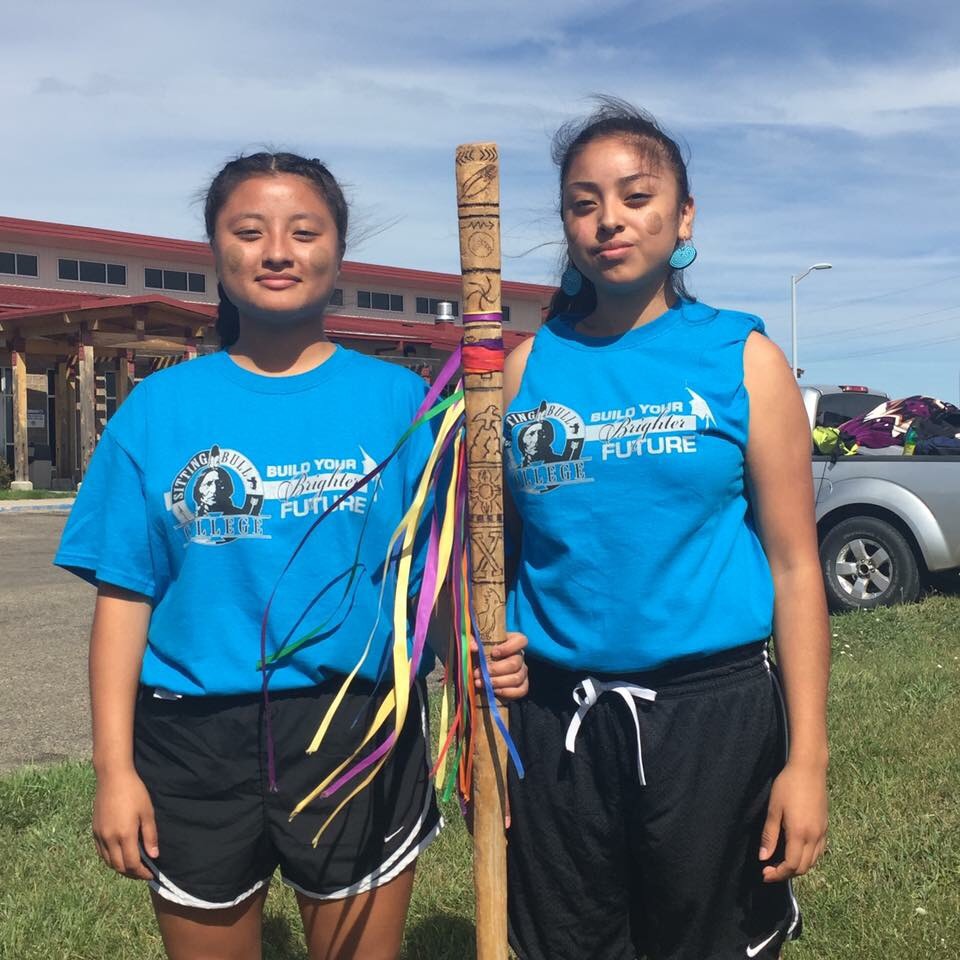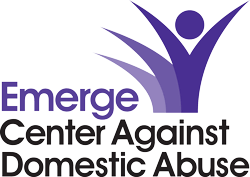
October 2019 – Supporting indigenous women and girls
Written by April Ignacio, a citizen of the Tohono O’odham Nation and the founder of Indivisible Tohono, a grassroots community organization that provides opportunities for civic engagement and education beyond voting for members of the Tohono O’odham Nation. She is a fierce advocate for women, a mother of five and an artist.
Missing and Murdered Indigenous Women & Girls is a social movement that brings awareness to lives being lost to and by violence. Most notably this movement began in Canada among the First Nations communities and small increments of education began to trickle down to the United States, as mostly women connected the dots within their own communities. This is how I started my work on the Tohono O’odham Nation, connecting the dots to honor the lives of women and girls who had lost theirs due to violence.
In the last three years, I have conducted over 34 interviews with families whose mothers, daughters, sisters or aunts had either gone missing or lost their lives to violence. The idea was to acknowledge the Missing and Murdered Indigenous Women & Girls in my community, to bring awareness and for the larger community to see how we’ve been unknowingly impacted. I was met with long talks over cigarettes and coffee, a lot of tears, a lot of thank-yous and some pushback.
Pushback came from leaders in my community who were afraid of how it would look from the outside. I also received pushback from programs who felt threatened by my questions or that people would begin to question the adequacy of their services.
The movement of Missing and Murdered Indigenous Women & Girls is becoming more known across the country with the help of social media. There are so many layers and jurisdictional laws that are outdated. The lack of resources including access to Amber Alerts and 911 are all factors in rural and reservation areas where Native women are being murdered at a rate of 10 times higher than the national average. Most times it feels like no one is paying attention or no one is connecting the dots. The idea to honor the women and girls in my community began to snowball into an unintended research project: as one interview would end, another began by referral.
Families began to confide in me and the interviews became heavier and harder to conduct as the number of murdered women began to increase with no end in sight. It became overwhelming for me. There are still a lot of unknowns: how to share the information, how to protect families from being exploited by reporters and individuals collecting stories and people to profit or make a name for themselves. Then there are the facts that are still hard to swallow: 90% of the court cases seen in our tribal courts are domestic violence cases. The Violence Against Women Act, which recognizes tribal jurisdiction over crimes like sexual assault, has still yet to be reauthorized.
The good news is this year on May 9, 2019 the State of Arizona passed House Bill 2570, which formed a study committee to collect data on the epidemic of Missing and Murdered Indigenous Women and Girls in Arizona. A team of state senators, state legislative representatives, tribal leaders, domestic violence advocates, law enforcement officers and community members are convening to share information and develop a data collection plan.
Once data is compiled and shared, new laws and policies can be developed to address gaps in services. Clearly this is just one small way of beginning to address an issue that has been perpetuated since colonization. North Dakota, Washington, Montana, Minnesota and New Mexico have also launched similar study committees. The goal is to collect the data that doesn’t exist and to ultimately stop this from happening in our communities.
We need your help. Support undocumented Indigenous women by learning about Prop 205, the citywide initiative to make Tucson a Sanctuary City. The initiative would codify law, including protections against deporting victims of domestic violence and sexual assault who call the police to report their abuse. I take comfort in knowing that there are people all over the world fighting for a life without violence for their children and for generations to come.
Now That You Know, What Will You Do?
Supporting Indigenous Women & Girls
April Ignacio of Indivisible Tohono says email or call your U.S. Senator and ask them to push for a Senate vote on the reauthorization of the Violence Against Women Act as it was passed through Congress. And remember, everywhere you step, you’re walking on Indigenous land.
For more information and community resources, visit Our Bodies, Our Stories by the Urban Indian Health Institute: uihi.org/our-bodies-our-stories

